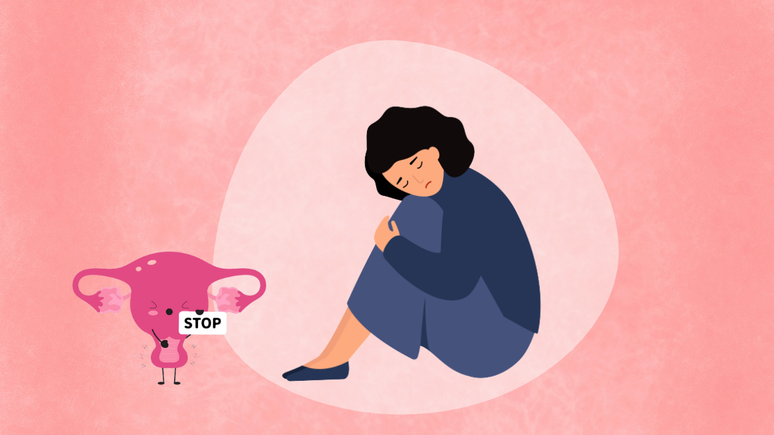Experts are unanimous in affirming that there must be a planning so that the sharp change in the routine is not felt so aggressive
Retirement, for many, is a destination. It means resting and benefiting from life after years dedicated to boat. A merit. However, it is a change of life that should be made gradually to avoid cognitive losses and social isolation. Changing the routine and lifestyle should be done with the calm that deserves a whole work of work.
Pension and cognitive loss
José Inácio85, recalls that after retirement, when he turned 62, he came a feeling of emptiness. “I was a tax accounts, I had a tiring routine. Suddenly, I didn’t know what to do with my days. I just went out to play domino and drink beer … I started worrying.”He says. So he started using his experience to provide accounting advice. “Once a week I use part of what I have developed throughout my life and it is exceptional, I can organize my days and keep my brain active.”
A study of 8,000 retirees in Europe showed that the ability to remember some words after a certain period of time deteriorated faster after retirement compared to when they worked.
“There is some tests that retirement can be harmful to cognition, because when you withdraw, your brain is no longer so challenged”, he said Guglielmo WeberProfessor of econometry a University of Padua, In Italy, who worked in the European study, at the New York Times. These investigations have also discovered a relationship between retirement and the beginning of depression.
“Suddenly passing a professional life committed to nothing can exacerbate feelings of uselessness, bad mood, sadness and serious depressive symptoms and memory loss.”explained XI Chen, Associate Professor of Public Health in Yale University who studies aging.
Emily FesslerWeill Cornell Medicine teacher assistant specialized in geriatric care, says that people who retire “Due to health or prejudice problems”, Or who face financial difficulties in retirement, they can have more serious effects. Furthermore, he says that men are the most affected: “Women can be less likely to suffer a large mental or cognitive decline pronounced, perhaps because they are more likely than men to continue socializing and spending time with their family after retirement”.
How to adapt to the new reality?
Experts are unanimous in reaffirming the beneficial effects of physical exercise on the body and mind. Therefore, the order is to dedicate a few minutes of the day to physical activity. A walk, the dance added to bodybuilding will help keep the brain renewed. Also, how about dedicating part of this free time to help those who need it? Voluntary work can be a way to prevent depression and cognitive decline due to possible social isolation in old age.
Finally, the experts agree that it would be ideal to incorporate new routines that are mentally and physically attractive a few years before leaving the job. Alison MooreHead of the division of geriatrics, gerontology and palliative care of University of Californiagives the tip: “The ideal is to plan retirement in advance, even if the changes in the routine do not immediately implement. Delaying these decisions and after retiring makes it more difficult to face such a sharp change.”
Source: Terra
Ben Stock is a lifestyle journalist and author at Gossipify. He writes about topics such as health, wellness, travel, food and home decor. He provides practical advice and inspiration to improve well-being, keeps readers up to date with latest lifestyle news and trends, known for his engaging writing style, in-depth analysis and unique perspectives.








